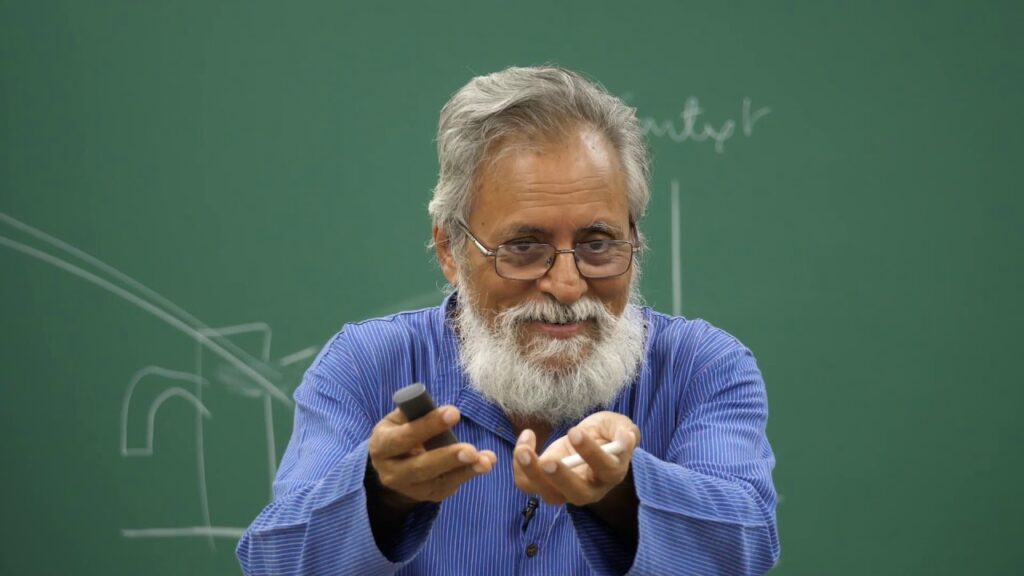Managing ideas requires dealing with serendipity, surprise, and spontaneity.
Ideas can occur anytime, anywhere, out of context, as well as in response to a pressing problem or constraint. They can also be orchestrated. We have also tried to unfreeze our imagination in several workshops.
The basic condition is – obvious must be out. We once asked chief technical/innovation officers of various IT companies in Goa to identify under or unutilized resources in their companies which could be put to new imaginative use. Similarly, in another meeting of senior leaders, we asked them about an idea they killed themselves by making feasibility the enemy of desirability. There was a flood of confessions about how each of them had murdered their own ideas in the past.
Can there be a quota of confessions acting as a springboard for creativity? Unless I admit that I have goofed, I will not be tolerant of others doing the same.
Like charity, confessions begin at home.
The quota of errors increases the entitlement for insights. When ideas become sticky, the rivers become lake, and in no time, they may even become a cesspool. Flow is the inevitable characteristic of nature. There is nothing ever still in nature. When people say, they are stagnating, they are decaying. They don’t have the courage to admit that. One either grows or decays. One never stagnates.
What are the incentives for people to share their insights and not just knowledge or information?
IPRs are important, and acknowledgement of source is must and desirable. But I have not kept any copyright notice at my blog where hundreds of articles and blogs are free for anyone to use in whichever way they wish. The result is ideas spread father and faster. But if some people want to monetize their ideas, that is also a perfectly legitimate expectation. We have developed a concept of Technology Commons under which people to people (self-employed people working with their hands), ideas are open source but for a commercial industry or entity, it is shared as a license.
Innovation is imperative, not only for survival, but also for rejuvenation; if every mutant becomes cancerous cell a body wouldn’t survive. The future belongs to survivors, yet, and not all survivors can shape the future.
A culture of gratitude towards the early pioneers and shopfloor innovators infuses empathy all around.
Public Goods
Creating public goods is like providing a spanner that can open various nuts and the bolts of a variety of products and services. Else, we must design individual spanners for every machine. Most companies don’t share proven solutions to common industrial problems fearing competitors. That is an outdated model of thinking. Those who share not only become leaders but also command respect. Sharing often begets sharing.
In manufacturing people understand the role of standards, in services we are yet to realize fully the significance of standards that are shared widely. But getting standards created for indigenous innovations is an important strategic step for its eventual growth and dissemination.

Innovations will not come about, if we cling to our tools too closely because we have mastered them.
Many famous companies have disappeared primarily because of their extreme success in the past and their unwillingness or inability for constant rejuvenation. The cells of our skin replace every moment, you feel it when you bite your nails. When have we cut the organizational nails?
Responsible capitalism spawns more collaboration and not just competition, but collaboration requires courage, faith, trust, ability to learn and share; it is also about conserving nature, social web of mutual interest and not leaving the margins unattended.
The Indian model of frugal innovation is not about cutting corners, finding makeshift solutions (often called as jugaad), getting around the problem and living for just the day. It is about durability, affordability, sustainability, accessibility, availability, and circularity.
Why did Tesla open all its patents? How else will a huge infrastructure of charging stations for electrical cars come up, if there aren’t many providers and many users?
Which Indian company has made an innovation highway for various people to drive on, we don’t even make footpaths properly. Each one of us, unto one’s own. Let us make a new beginning of shared goals, shared paths, and shared strategies to excel, innovate and care for the perfect strangers and the underlings.
Innovations will flourish when we create an ecosystem which is hungry and has multiple pathways for different ideas to grow without stigma or fear of failure. Learning from below and outside is a must in an open innovation ecosystem.










